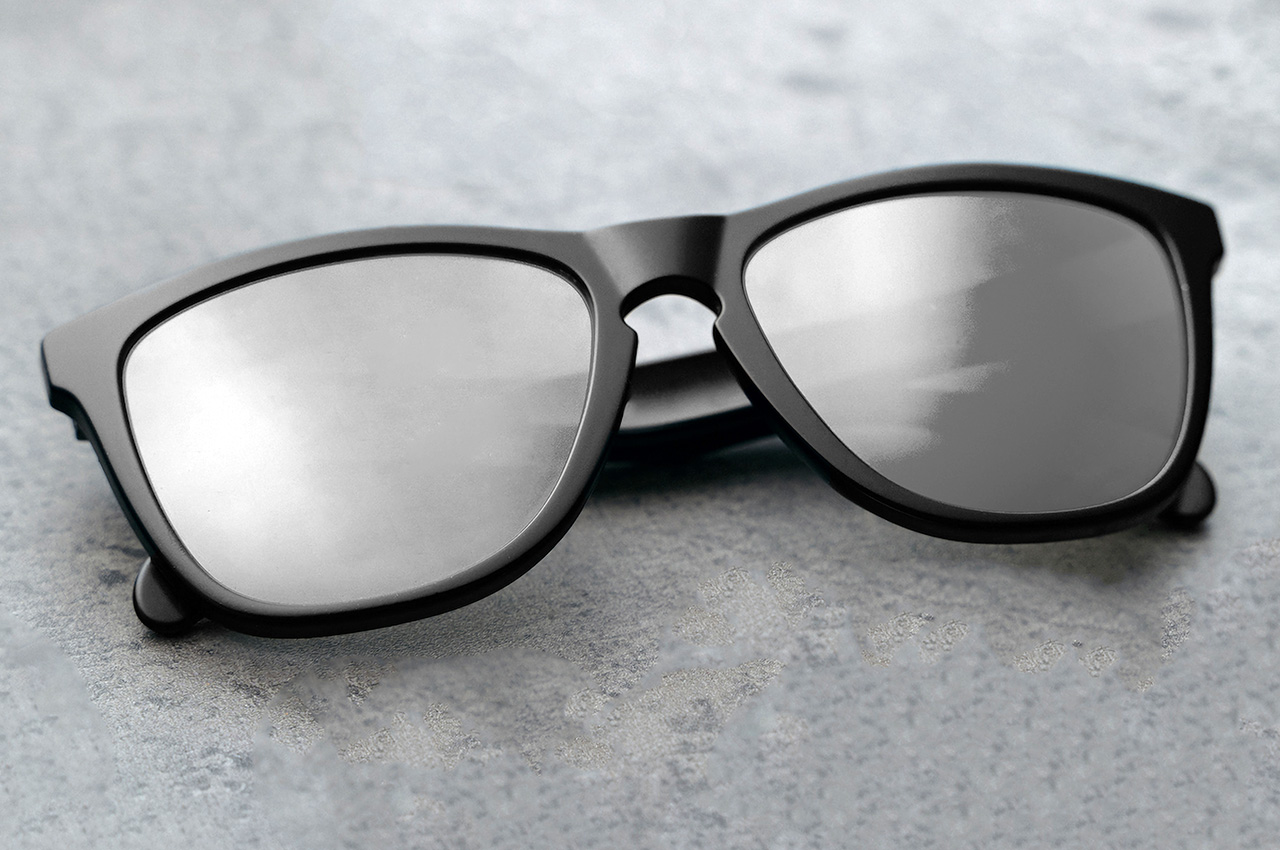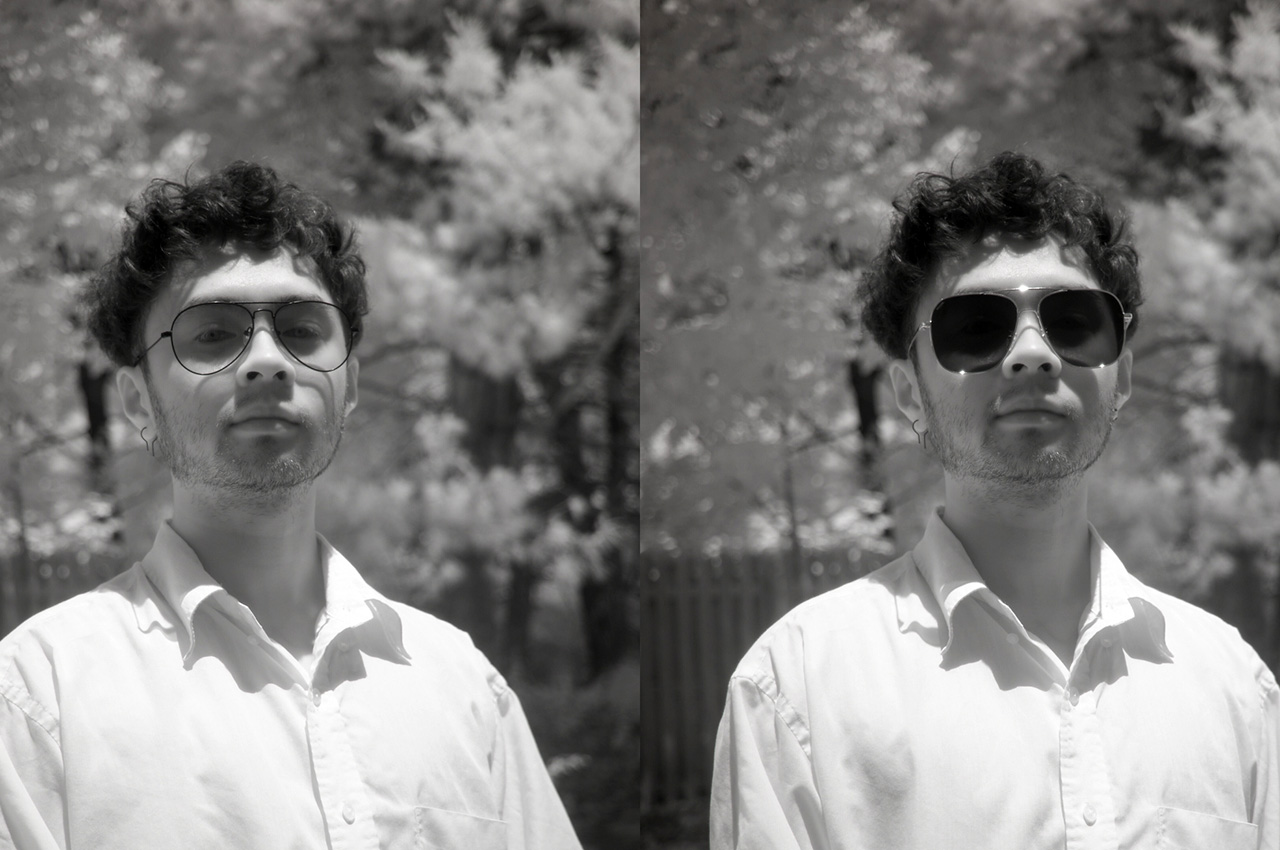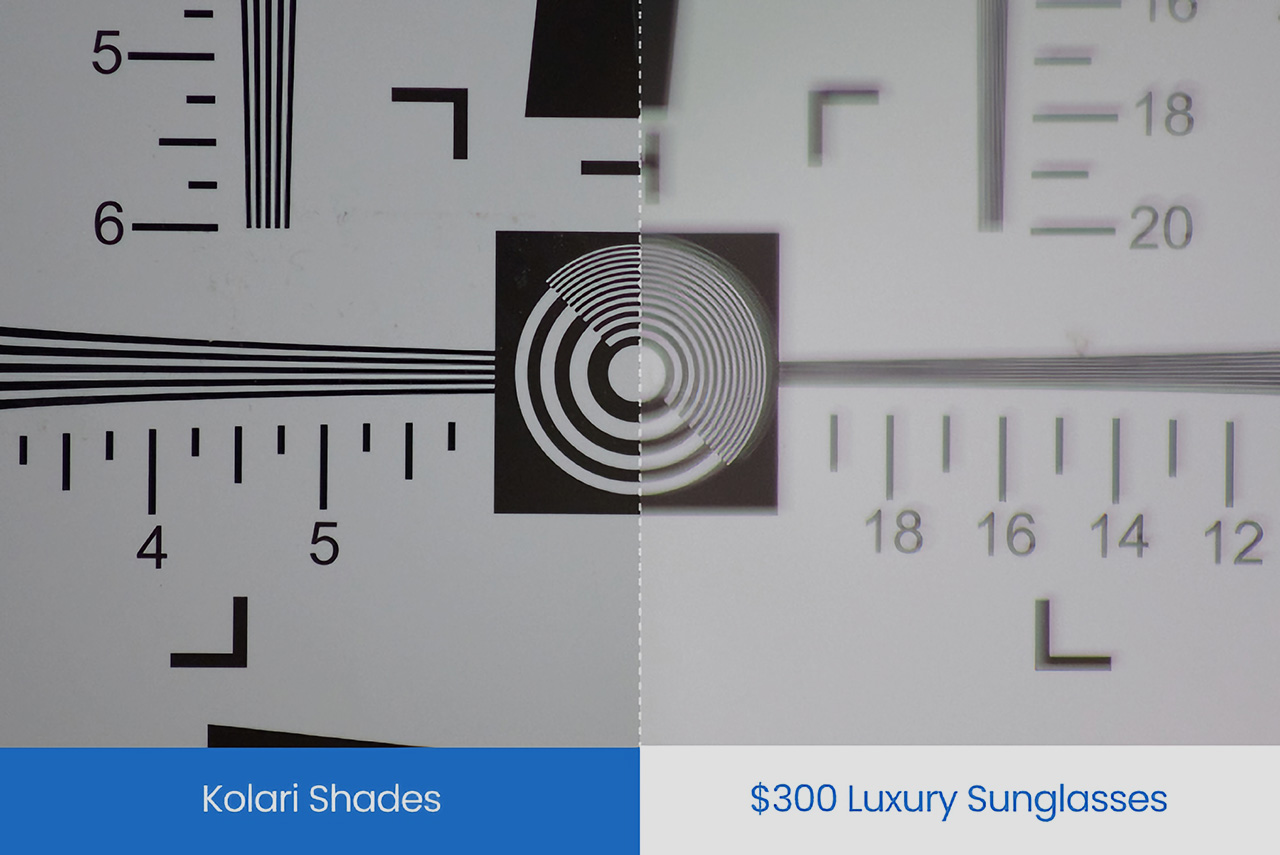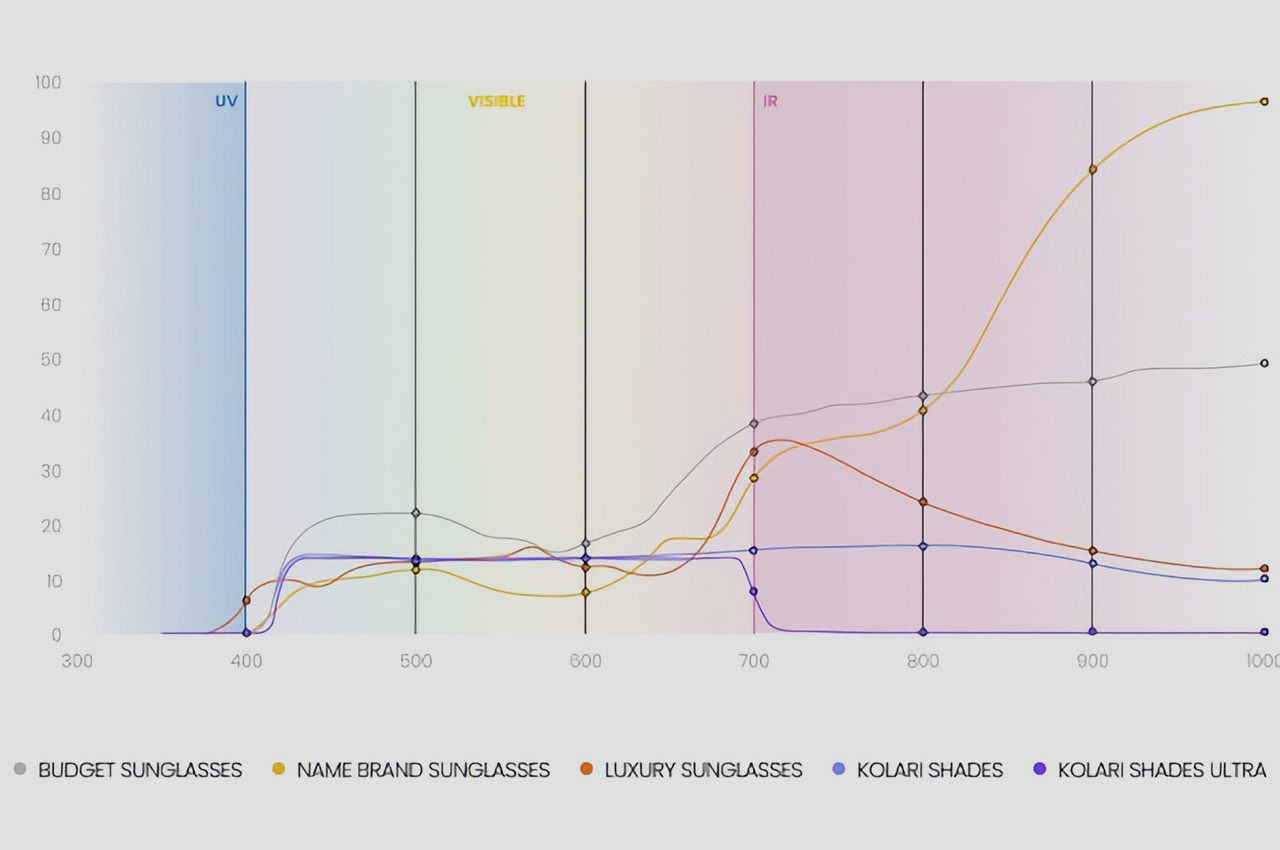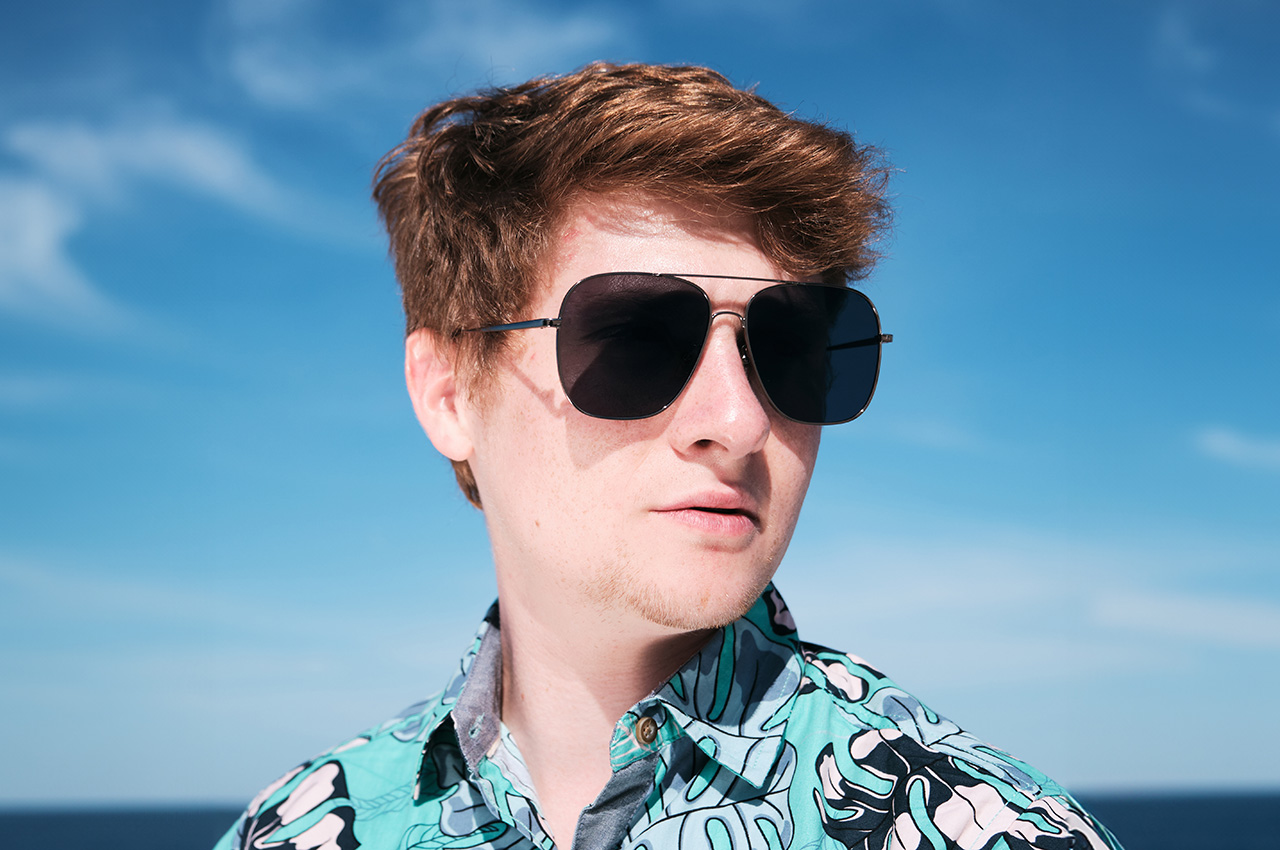
Look, I’ve lost my glasses in some pretty creative places. Between the couch cushions. On top of my head while frantically searching for them. In the fridge once (don’t ask). And I know I’m not alone in this very specific modern anxiety: that moment when you take your glasses off and suddenly have nowhere to put them that won’t end in disaster.
Cubitts, the London-based eyewear brand that’s been quietly revolutionizing how we think about spectacles, has come up with a solution so elegantly simple you’ll wonder why no one thought of it sooner. It’s called On The Wing, and it’s basically a small leather loop that attaches to any button on your shirt. That’s it. That’s the whole thing. And somehow, it’s brilliant.
Designer: Cubitts
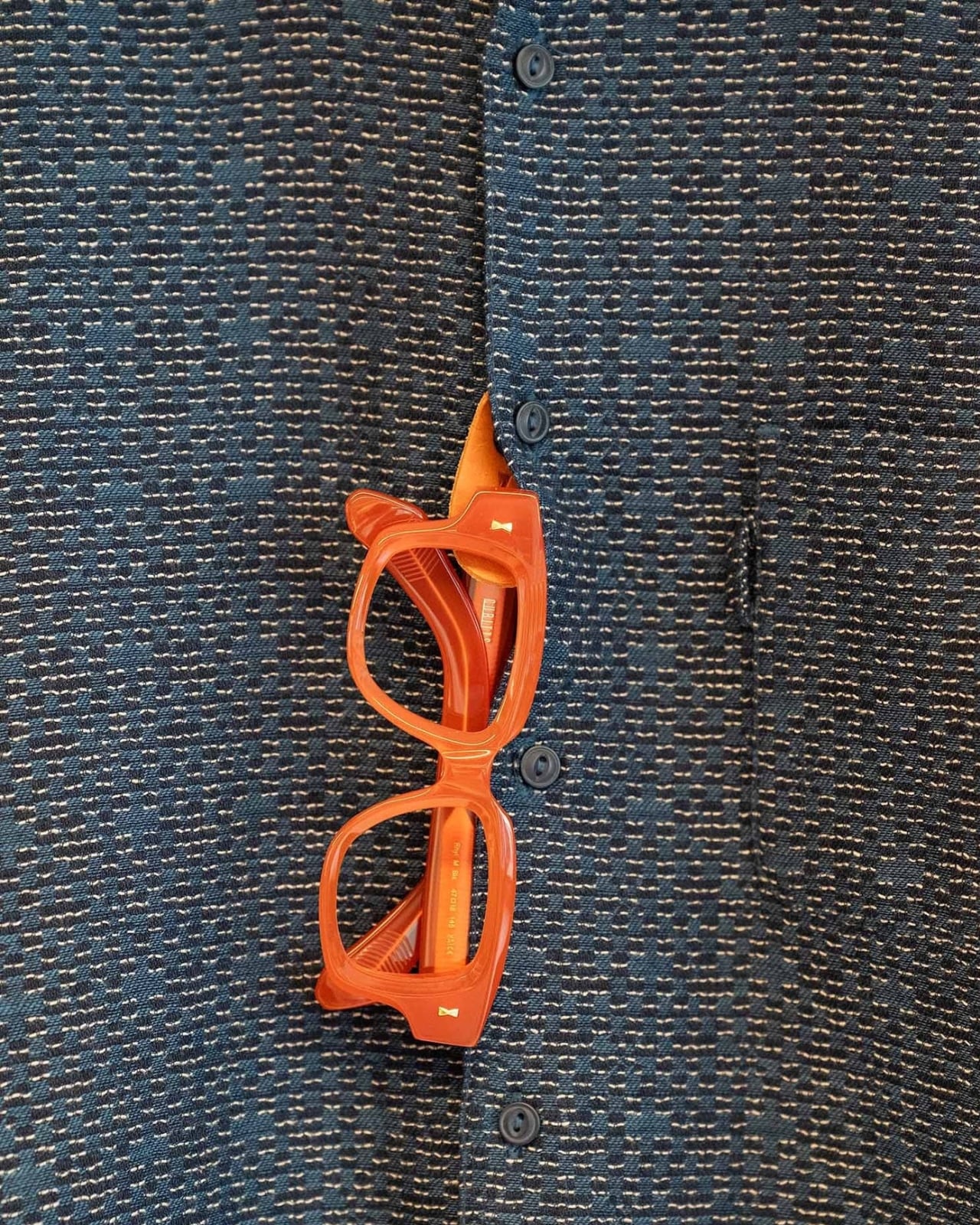
Made from supple vegetable-tanned leather, On The Wing transforms whatever you’re wearing into a temporary perch for your frames. It’s designed for those in-between moments when you’re not wearing your glasses but don’t want to commit them to a case or risk the inevitable “left them at the restaurant” panic. You slip the loop onto a button, hang your glasses from it, and go about your business. No stretched-out necklines from hanging them on your collar. No bulging pockets. No setting them down on a table and walking away without them.
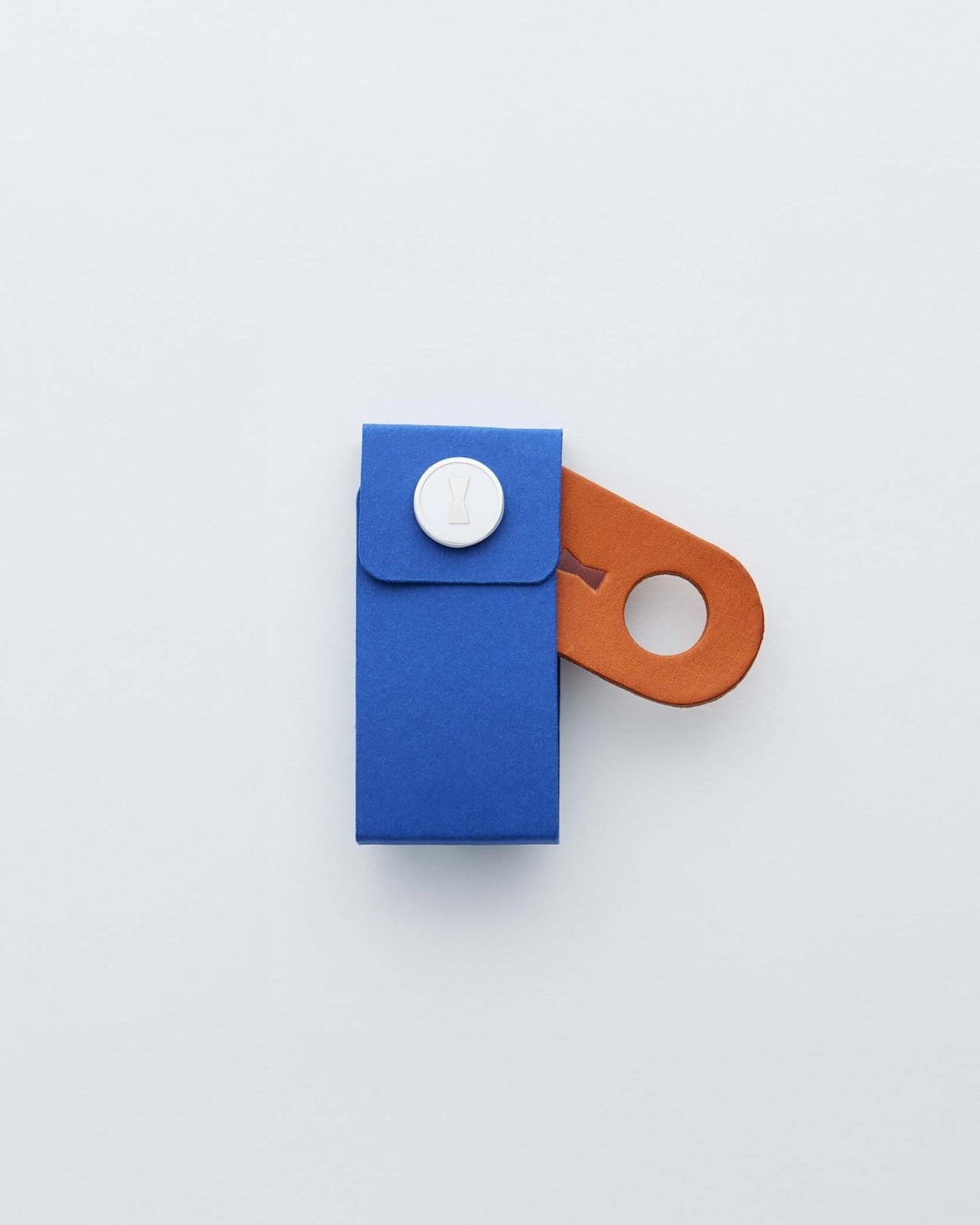
The design came out of a collaboration between Cubitts and industrial designer Daniel Weil, part of a broader collection of accessories that share the brand’s philosophy: functional, beautiful, and made to last. Weil has spent decades thinking about how objects interact with daily life, and you can feel that consideration in On The Wing’s simplicity. It’s barely visible when you’re wearing it, but always there when you need it.
What I love about this is how it acknowledges a real problem that glasses wearers deal with constantly. If you wear glasses full-time, you know the dance. You take them off to look at your phone up close, or to rub your eyes, or because you’re transitioning from reading to eating. And then what? Do you set them on the table where they’ll get scratched? Balance them precariously on your head? Shove them in a pocket where they’ll get smudged or bent?
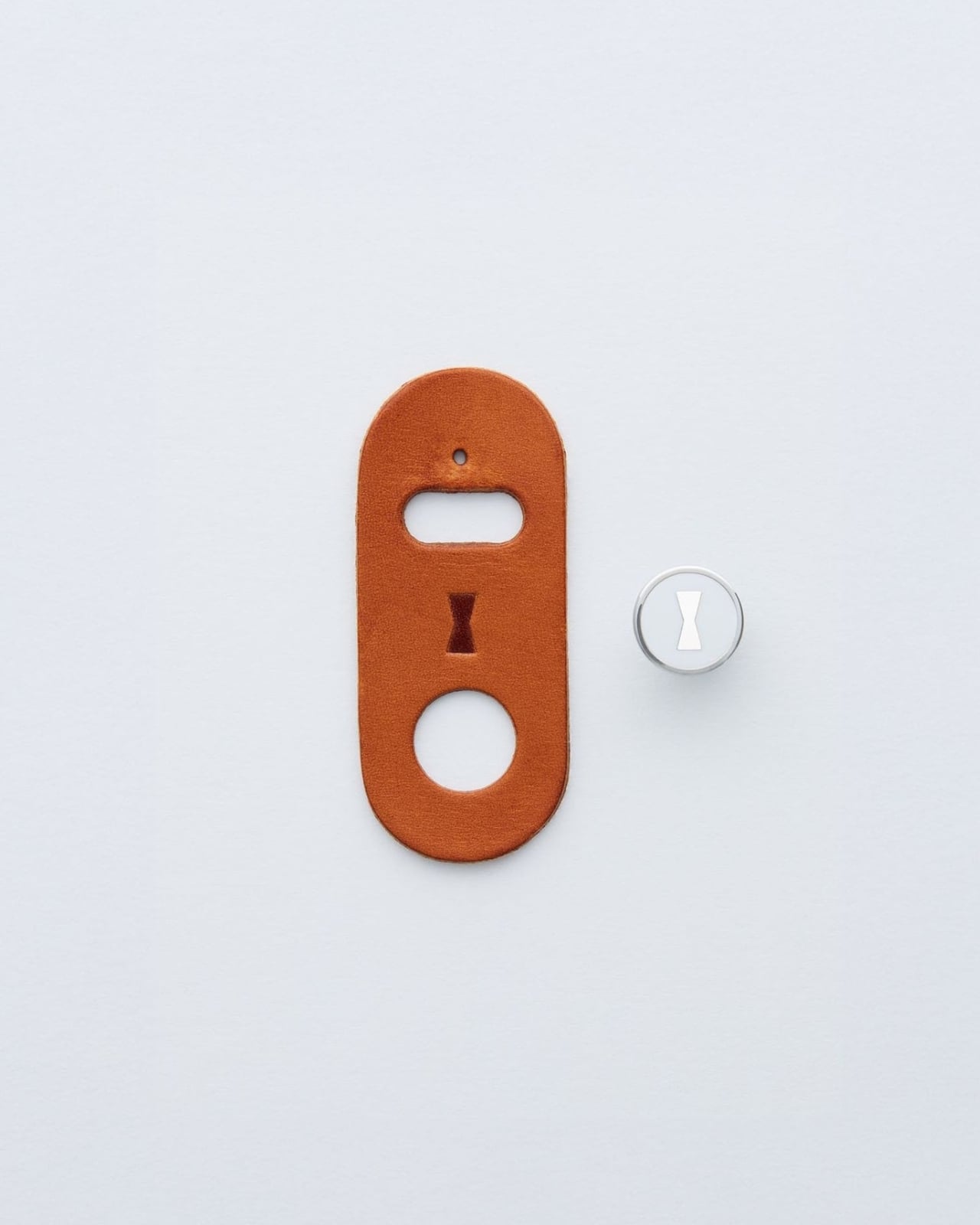
The thing is, glasses have become such an integral part of personal style. People spend serious time choosing frames that reflect their aesthetic, whether that’s vintage-inspired, minimalist, or boldly contemporary. Cubitts understands this better than most brands. Their frames are designed to be enduring companions, repaired and serviced over many years rather than treated as disposable fashion. So it makes sense that they’d think about what happens to your glasses when they’re not on your face.
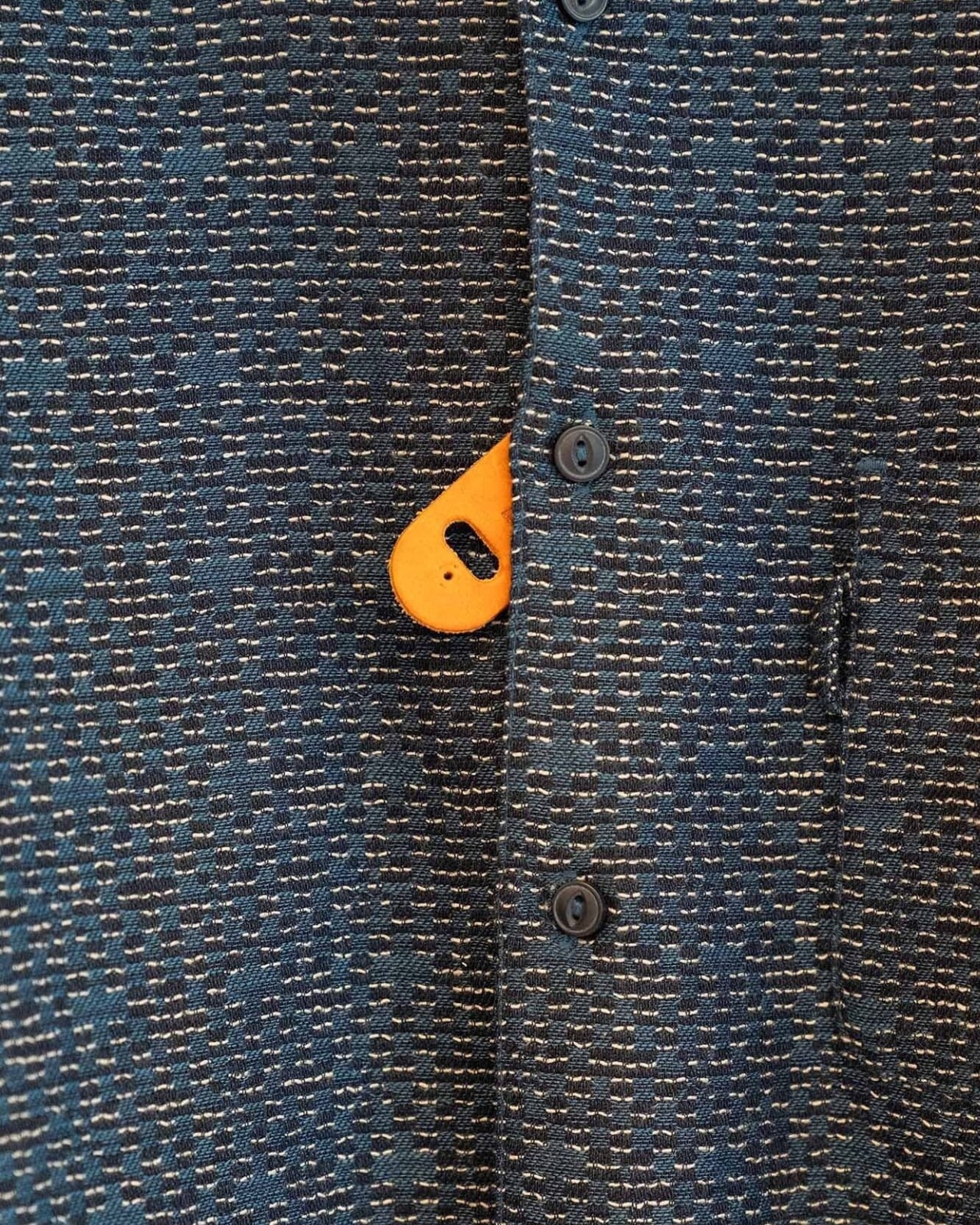
On The Wing costs about $14 and comes in a few colors to match different wardrobe aesthetics. It’s the kind of accessory that feels almost too simple to be worth it until you start using it and realize how much mental energy you were spending on the where-do-I-put-my-glasses question. There’s something charmingly analog about the solution too. In a world where every problem seems to require an app or a gadget with a battery, here’s a piece of leather and a button doing exactly what they need to do. No charging required. No setup. No learning curve.
Will a leather loop on your shirt button change your life? Probably not. But will it solve a small, persistent annoyance in a way that feels considered and well-designed? Absolutely. And sometimes that’s exactly what good design should do: notice the little frustrations we’ve all accepted as normal and offer something better. For anyone who’s ever patted down their pockets in a panic or retraced their steps through a entire building looking for their glasses, On The Wing makes a lot of sense. It’s the kind of simple solution that feels obvious in retrospect, which is usually the mark of genuinely smart design.
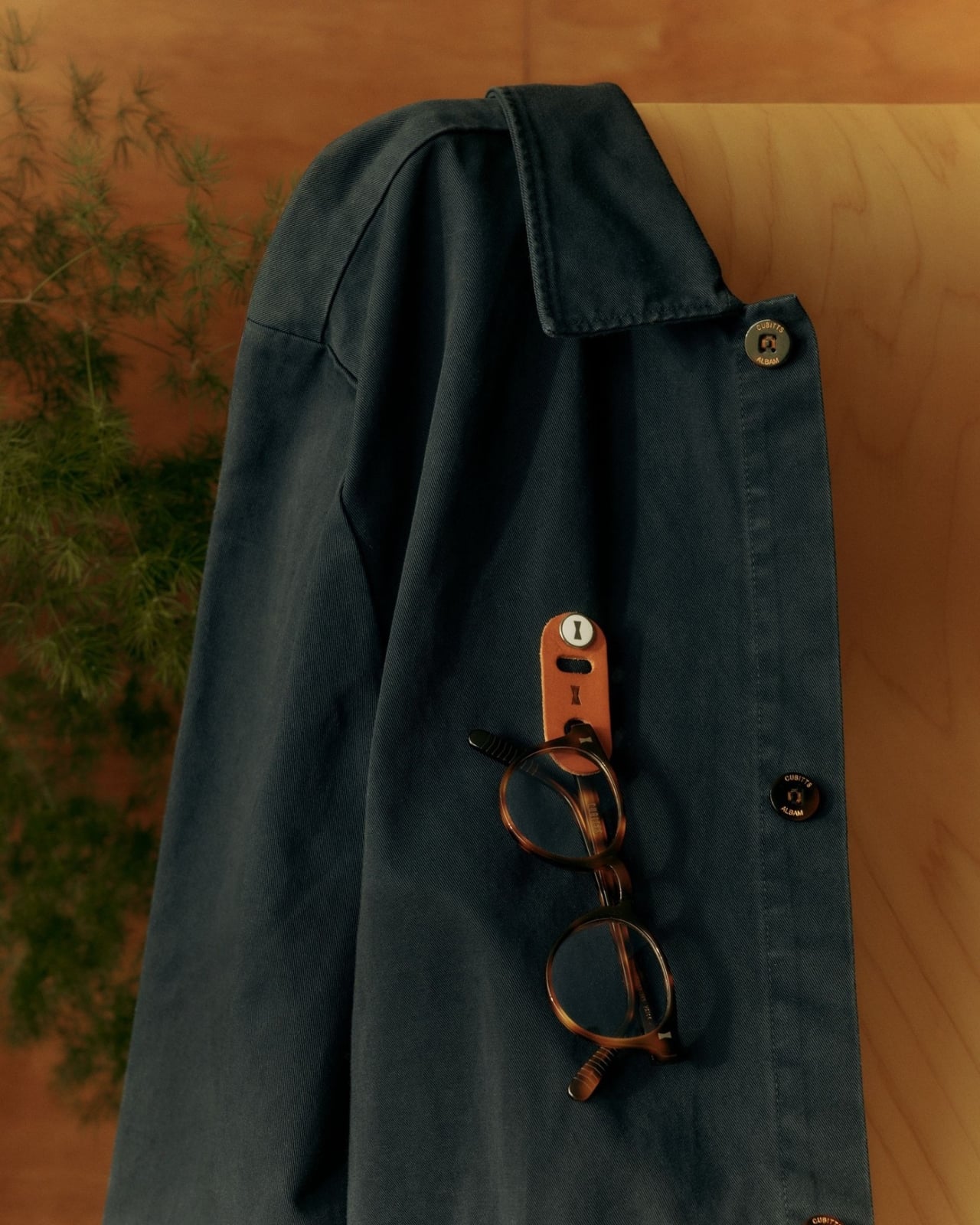
The post A Button, A Loop, And The Problem Of Where To Put Your Glasses first appeared on Yanko Design.











